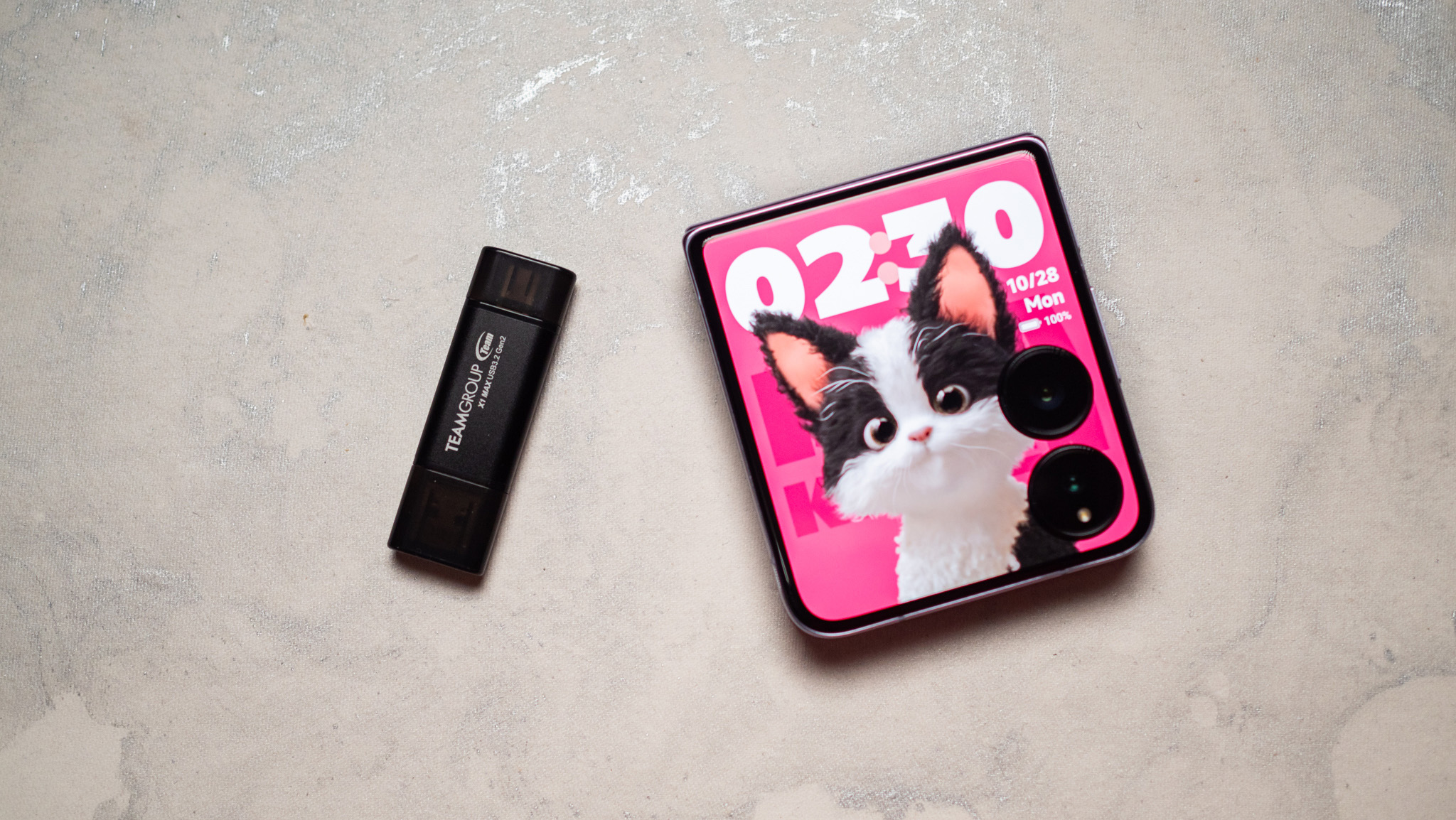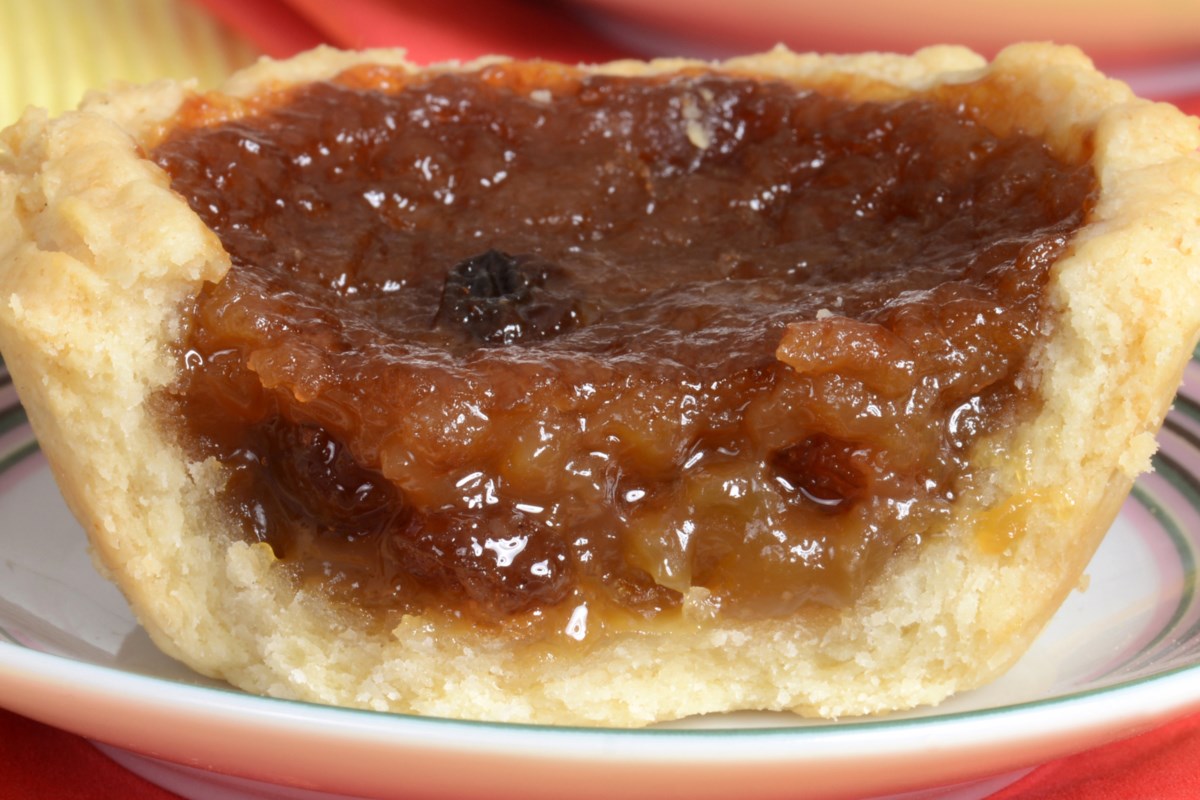B.C. Insider: Illegal magic mushroom dispensaries operating across Canada
Good morning. A quick Google search for “mushrooms, dispensary, Vancouver” yields 14 storefronts selling illegal magic mushrooms. The curb view of at least one of them isn’t shy: A hot-pink sign running the width of the store with bright white and yellow writing declares MUSHROOM DISPENSARY. The City of Vancouver acknowledges that under the federal Controlled Drugs and Substances Act, there are no regulations in place at the federal, provincial or municipal level that allow for the sale of psilocybin mushrooms. “If the City is made aware of a psilocybin retailer, they are subject to enforcement for operating without a valid development permit and/or business licence, which may include orders, fines and/or prosecution,” said a statement provided to The Globe and Mail The Vancouver Police Department similarly says anyone selling psilocybin “could face arrest and charges.” “May” and “could” are the operative words in those two statements. A study published earlier this month by Canadian researchers in JAMA, the Journal of the American Medical Association, found some 57 dispensaries selling the psychedelic across Canada as of May last year, and most of them were making unsubstantiated health claims that could cause harm. Fifty-five of the shops were located in Ontario or British Columbia, with 35 in the Toronto area and 15 around Vancouver. Hamilton had four and the Ottawa-Gatineau area had six. In some neighbourhoods in Toronto, there were four shops within one kilometre, the study found. One national chain had 18 shops across the country. “I actually think the most surprising thing to me was that when we started the study, we expected that they were all going to be independent stores,” said Daniel Myran, the study’s senior author and a family physician at Ottawa Hospital. “And it actually turned out that there’s much more sophistication and organization that’s going on here than we were anticipating.” Dr. Myran worked with researchers from across the country to examine where the shops are located and the claims made in their online marketing materials. The study found the stores offered everything from dried mushrooms, to microdosing capsules and edibles such as psilocybin-infused chocolate, gummies, tea or hot cocoa powder. Some of the products were designed to mimic snack food items found in most grocery stores, such as Mustella, a knock-off of the Nutella spread. Most of the stores made unverified health claims, including suggesting a strain to treat bipolar disorder. Other strains were said to promote increased creativity, productivity or wellness. The websites lacked sufficient warnings, the study found. For example, fewer than a third cautioned about use in children or use by people with a history of psychosis, bipolar disorder or schizophrenia. Some sites did warn about possible hallucinations or increased fear and anxiety, but only 40 per cent noted use could trigger psychosis or paranoia. The researchers found that despite being illegal, the reported use of psilocybin has been growing, propelled by the presence of dispensaries and a legalization movement. While it remains against the law in Canada, Oregon and Colorado have created legislative frameworks to allow consumers to buy and use psilocybin under supervision at licensed centres. Like the proliferation of cannabis dispensaries in Vancouver before the substance was legalized by the federal government in 2018, the operation of mushroom shops appears to prompt a collective shrug by Vancouver authorities. In 2023, Vancouver police raided two of them and the operator’s business licence was revoked. But it was restored after two of the three city councillors on the committee examining the issue concluded the city had received no public complaints about the stores and there was no evidence that public safety was at risk by the operation of the facilities. The two councillors put forward a motion to city council calling for a staff report on creating a regulatory framework for retail sales of psilocybin. Their motion was defeated. This is the weekly British Columbia newsletter written by B.C. Editor Wendy Cox. If you’re reading this on the web, or it was forwarded to you from someone else, you can sign up for it and all Globe newsletters here.



















